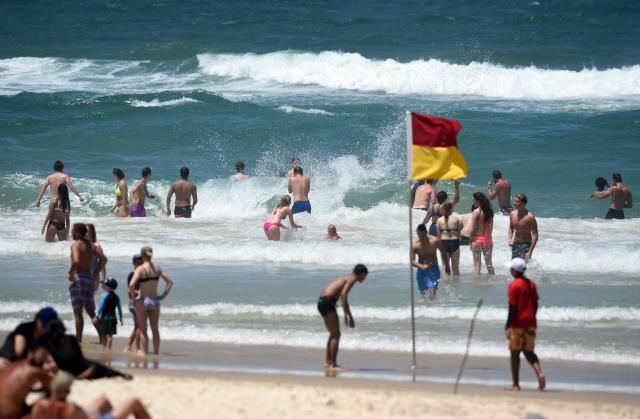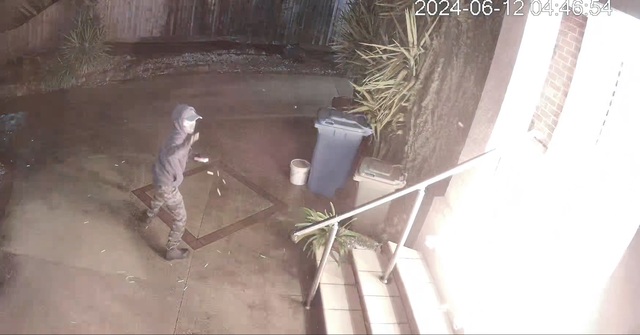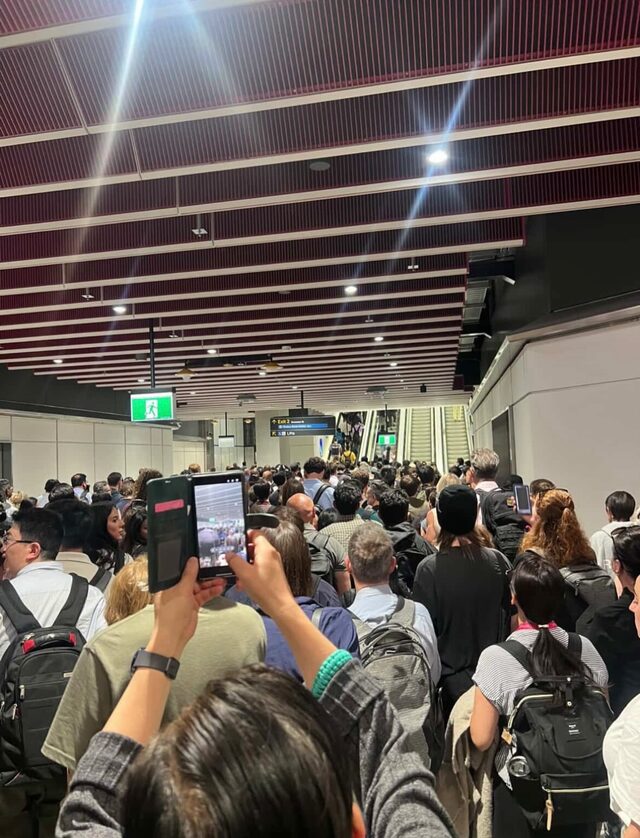By CAMERON LUCADOU-WELLS
GREATER Dandenong Council will not follow the lead of other councils for mandatory desexing of pet cats and dogs due to a lack of “conclusive” evidence.
Councillor Roz Blades said she was “a bit surprised” by the report’s findings, which stated there was no “scientifically-based research” the practice reduced numbers of euthanased unwanted animals in Victoria.
It also found the subsequent extra registration cost – up to $64 for dogs and $43 for cats – could be an “unreasonable burden” on low-income residents.
It could lead to less pet registrations and perversely more euthanasia of lost pets, the report stated.
Cr Blades was concerned by the high euthanasia rates for impounded cats, noting many responsible cat-owners who registered their pets also kept them in at night.
In Greater Dandenong, more than 84 per cent of impounded cats are euthanased – about 75 per cent of those impounds are feral. About 21 per cent of impounded dogs are put down.
“(Cats) can give birth almost as a kitten, from six months old,” Cr Blades said. “We really need a desex program. I think a 12-month review (of the report) is absolutely necessary.”
The council report found in some of the state’s 16 ‘compulsory desexing’ councils, cat impoundments decreased by up to 52 per cent.
However, one of the surveyed councils reported an increase by the same rate.
Councillor Sean O’Reilly said the council won’t be “deploying resources at a hunch” but using evidence.
Cr Blades responded: “The paperwork is not a hunch. What I said was based on the RSPCA’s position”.
Mandatory desexing is supported by the RSPCA, Cat Protection Society and Animals Australia but opposed by the Australian Veterinary Association.
Helen Cocks, animal services executive manager of RSPCA Victoria, said compulsory desexing for pet dogs and cats prevented unwanted breeding, reduced unwanted animals and increased an animal’s long-term health.
She said many of the 160,000 animals taken in by the RSPCA nationally each year were due to unplanned breeding.
“The RSPCA Victoria recommends that puppies and kittens are desexed prior to sale from breeders or pet shops to prevent any unintended litters.
“Research shows that desexed animals can actually live for longer as they are generally less likely to get diseases and certain illnesses.”
Desexing also reduced behaviour problems such as roaming and aggression in males, and mating behaviour and false pregnancy in females, she said.
The Australian Veterinary Association told the council that “owner education is the most effective approach to encouraging owners to have their pets desexed”.
The association however supported the desexing of animals being rehomed from animal shelters.
















